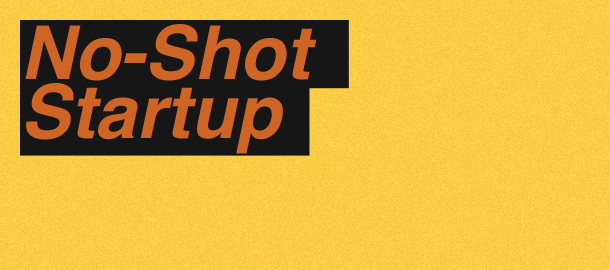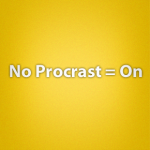You know, the startups that actually have tangible products such as Zappos, Amazon, Redbox or Groupon. If you can explain it to your grandmother, then most likely it has a real world aspect to it that normal people can relate to. If you’re debating a freemium model vs. Paid model then most likely you don’t have a physical product / service to sell.
As Startup Foundry grows we get more and more startups asking for us to cover them, and 99% of them don’t involve any “real life” aspects to them. Why is that? I have a few explanations why they don’t exist.
- Pure software startups have almost zero barrier to entry if the founders are developers
- Developers are so immersed into their digital lives, they forget about problems that can be solved in the real world.
- The people who have the ideas for real world startups, are not entrepreneurs, thus the idea never gets executed.
- There are actually plenty of real world startups, but I don’t hear about them because I’m also so immersed in my digital life.
Reason #1: Pure software startups have almost zero barrier to entry if the founders are developers
Or as I like to day: The path of least resistance. A digital site that doesn’t involve physical things means that a developer can essentially develop and market a product without ever having to go outside of their house. Chat Roulette being a prime example of this. The founder of Chat Roulette didn’t have to go outside of his house and market his product to retail stores, companies or anything of that sort. He just built it, and the initial (albeit short term) success was great.
All a developer needs is a computer and an internet connection. Most of the popular developer frameworks are free and open source. It’s a no brainer. However, this leads to a billion websites that all try to accomplish the same thing and there really is no innovation involved. I don’t want another website that allows me to filter and display my online content in an easier way. I’m absolutely dying for someone to come up with another article recommendation engine or a better way to determine my online clout.
The path to least resistance is also amplified because there are no hardware costs associated with it besides server costs (A server you will most likely never ever see).
Reason #2: Developers are so immersed in their digital lives, they forget about problems that can be solved in the real world.
This is another big reason why I think why we are too busy solving online problems instead of real world problems. Developers are doing what they do best: Developing. This involves a computer and an internet connection and also means most of their lives are spent are in front of their computer. Ideas evolve from frustration you experience, and developers frustrations are mostly online because this is where they are most of the time.
If you combined the “path of least resistance” along with frustration you experience online, you end up with a digital product that solves a digital need – not a real world need.
Reason #3: The people who have the ideas for real world startups, are not entrepreneurs, thus the idea never gets executed.
I’m sure there are plenty of mothers out there that experience a lot of frustrations in their lives with the products they use. A baby monitor that doesn’t work, a crib that is too hard to put together, etc. But, they are too busy to implement these ideas, or have the slightest clue where to start. For this case in particular, i’m sure the major brands are all over it anyway.
But, as I type this, reason #4 seems like possibly the best answer to this post.
Reason #4: There are plenty of real world startups, but I don’t hear about them because I’m also so immersed in my digital life.
This can quite possibly be the answer. Maybe it’s because I’m like everyone else, and I spend most of my time in front of a computer. As sad as that sounds, it’s true. The places I “hang out” are mostly online. I hear the frustration of signal vs noise on twitter, but I never hear something like “I wish there was a better way to hang my keys”. I’m so immersed in my online life, this is seriously the best real world problem I can come up with. And it’s not even a problem!
In my example in reason #3, it is quite possible that sine I don’t have kids I have no idea what the newest and greatest products are and most importantly who are making these products. Are there startups focusing on making baby products, I have no idea.
This is where I need the readers help – Where are all these real world startups. Do they exist & if so where do I find them?












